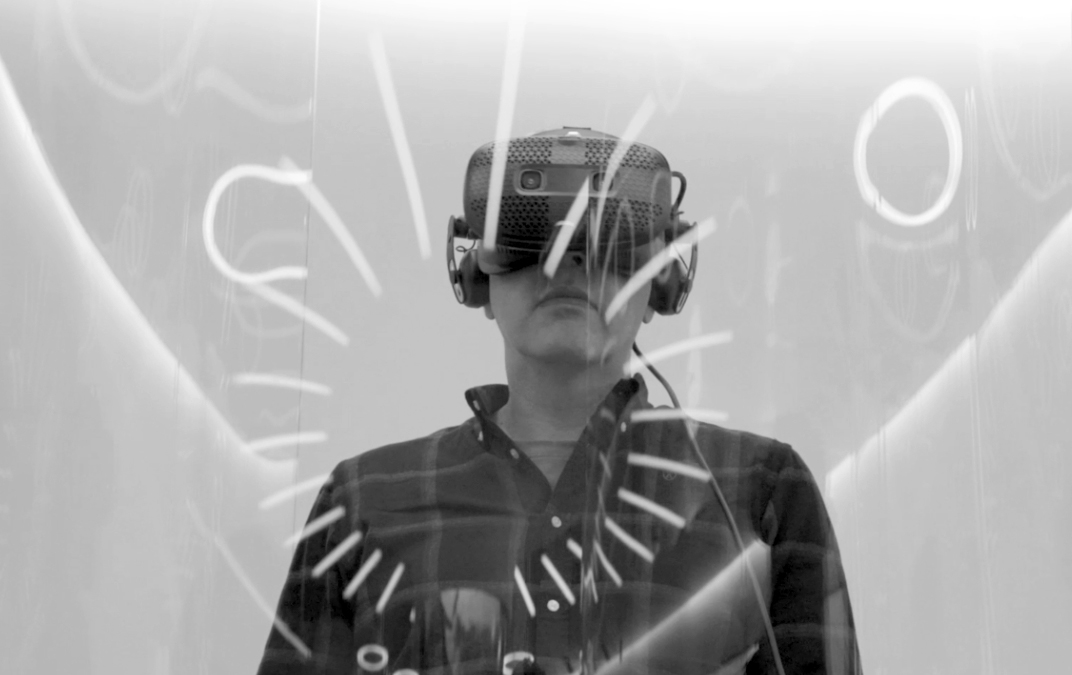Year one
- Date
- Written by Carlos Sanz de Andino
Arthur C. Clarke —the author of 2001: A Space Odyssey— postulated three laws about the advancement of technology relative to humans. His third law, the most famous, states that "any sufficiently advanced technology is indistinguishable from magic." Then he imagined HAL 9000, an acronym for heuristically programmed algorithmic computer (i.e., programmed to create). It was 1968, and it was science fiction. Today it's 2023, and it's just science. And, indeed, it is almost indistinguishable from magic. It is true that, from the inside out, generative AI has been in the making for decades, but for most people its social birth was in 2023.
Year One. We opened the door and, by surprise, there was a very cute, if somewhat disturbing, baby looking at us. And we couldn't take our eyes off him, because we were attracted to him, and "just in case", because AI excites and scares us in equal parts. The magic baby brought OpenAI, DeepMind, ChatGPT, Altman, Hassabis, Midjourney, HeyGen, Dall-E, Canva, Stable Diffusion, GitHub Copilot, Phileas or Gemini, among other bread and butter. Companies, gurus, models and applications that are suddenly commonplace in our lives and in our concerns.
McKinsey's annual global survey reveals that one-third of organizations are already implementing AI in one form or another, and that it is a priority topic for boards of directors. We are facing a weapon of massive transformation that will change the rules of the game of industries - and social behaviors faster than we are able to comprehend. And the baby is doubling in size every day. Clarke's second law says that "the only way to find the limits of the possible is to go beyond them and into what we think is impossible. And, at this very minute, in many large and small technology labs, there are very smart people already going into those impossibilities.
Generative AI is actually dumb. It processes data, converts them into patterns and, by probabilistic approximation, transforms them into content, with a high percentage of success, although without criteria. But just around the corner is general AI, a super artificial intelligence capable of understanding, reasoning, adapting flexibly and creatively to new situations, and matching or surpassing humans in any intellectual task. According to Hassabis, CEO of Google DeepMind, it is less than a decade away from being real, and at the rate we are going, maybe less. Will Samantha (Her), the T-800, C3PO, the replicant Roy Batty, Wall-E or HAL 9000 be so impossible soon? It's hard to predict, but the first of Clarke's laws suggests that "when a wise scientist says something is possible, he is probably right. But, when he says it is impossible, he will most likely be wrong." Fasten your seat belts... and Happy Year Two!

